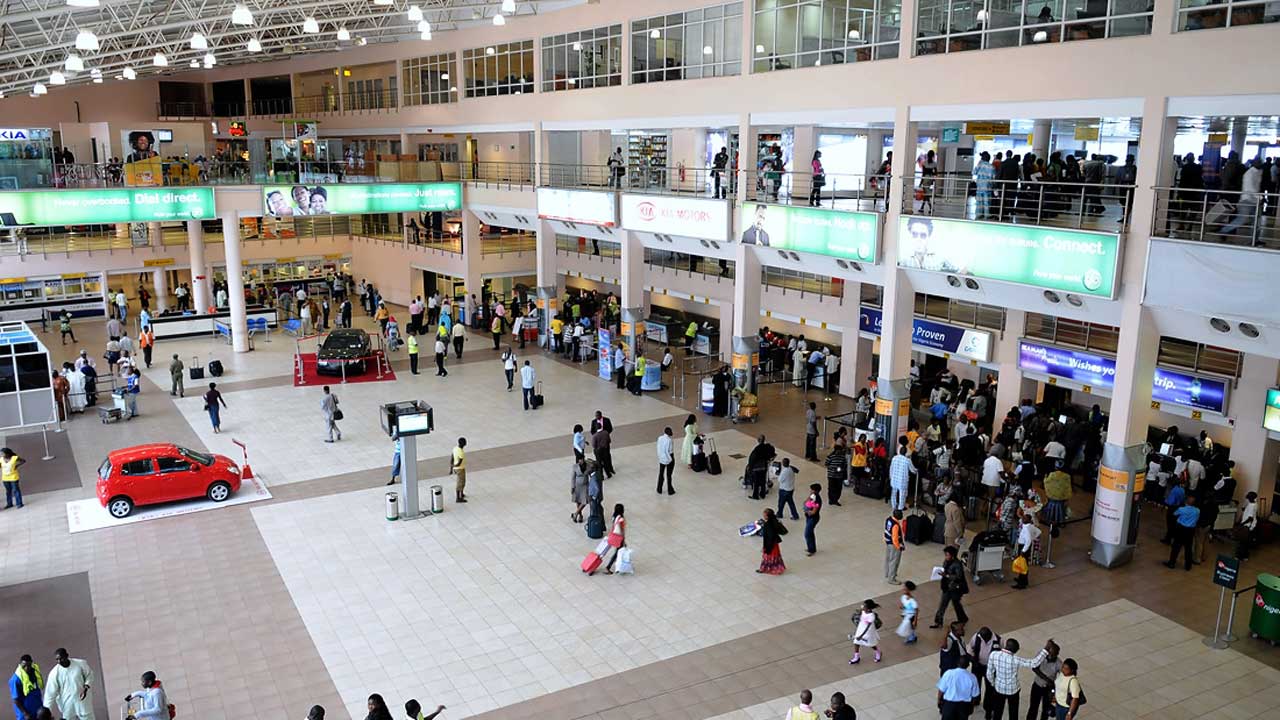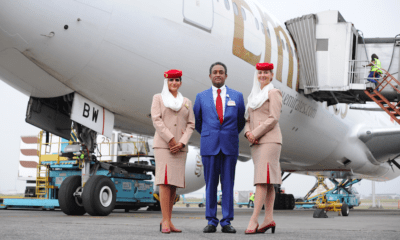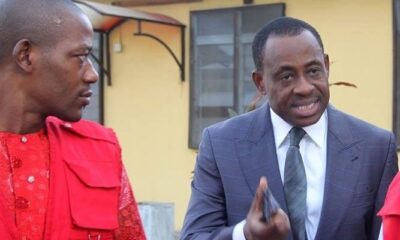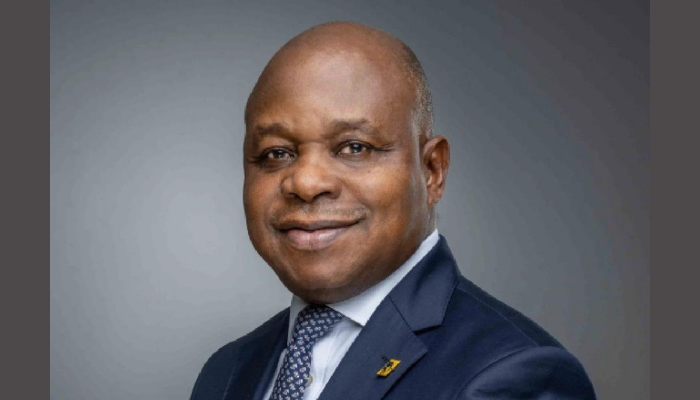First Bank of Nigeria Limited has announced the appointment of Mr. Ebenezer Olufowose as its new Chairman.
This significant change follows the completion of the tenure of Mr. Tunde Hassan-Odukale, in accordance with the Central Bank of Nigeria’s Corporate Governance Guidelines, which mandates a maximum of twelve years for a Non-Executive Director.
Mr. Olufowose, a seasoned veteran in the financial services industry, brings over 36 years of experience to his new role.
He assumes the position of Chairman with a wealth of expertise garnered from his diverse background in Corporate Finance, Project Finance, and Investment Banking.
Prior to his appointment as Chairman, Mr. Olufowose served as a Non-Executive Director on the Board of First Bank of Nigeria Limited, a position he held since April 29, 2021.
He is also the Group Managing Director of First Ally Capital Limited, a reputable investment banking firm headquartered in Lagos.
His impressive career trajectory includes pivotal roles at Access Bank Plc and Citibank Nigeria, where he played instrumental roles in leading and executing corporate finance and investment banking transactions.
He spearheaded Citigroup’s origination, structuring, and execution of various high-profile deals in Nigeria.
Mr. Olufowose commenced his banking journey in 1985 at NAL Merchant Bank Plc (NAL), where he honed his skills in Corporate Planning and Finance.
Armed with a first-class honours degree in Economics from the University of Lagos and an MA in International Economics from the University of Sussex, England, Mr. Olufowose has continuously pursued excellence in his field.
Throughout his career, he has actively participated in numerous management and leadership training programs at esteemed institutions such as the Institute of Management Development in Switzerland, Harvard Business School in Boston, USA, and INSEAD in Singapore.
Also, he is an alumnus of the Harvard Business School and the Lagos Business School, further solidifying his reputation as a seasoned professional in the banking sector.
Mr. Olufowose’s commitment to professional development is evident in his affiliations with prestigious bodies such as the Chartered Institute of Bankers of Nigeria, where he holds an Honorary Senior Membership, and the Institute of Credit Administration and the Association of Investment Advisers and Portfolio Managers, where he is recognized as a Fellow.
As he assumes his new role as Chairman of First Bank of Nigeria Limited, Mr. Olufowose is poised to lead the institution with integrity, vision, and a steadfast commitment to excellence.
With his extensive experience and proven track record, he is well-positioned to guide the bank through its next phase of growth and reinforce its position as a leading financial institution in Nigeria.




 Naira4 weeks ago
Naira4 weeks ago


 Naira3 weeks ago
Naira3 weeks ago




 Naira3 weeks ago
Naira3 weeks ago




 Naira3 weeks ago
Naira3 weeks ago




 Naira2 weeks ago
Naira2 weeks ago
 Commodities3 weeks ago
Commodities3 weeks ago


 Sport Business4 weeks ago
Sport Business4 weeks ago


 News3 weeks ago
News3 weeks ago

















